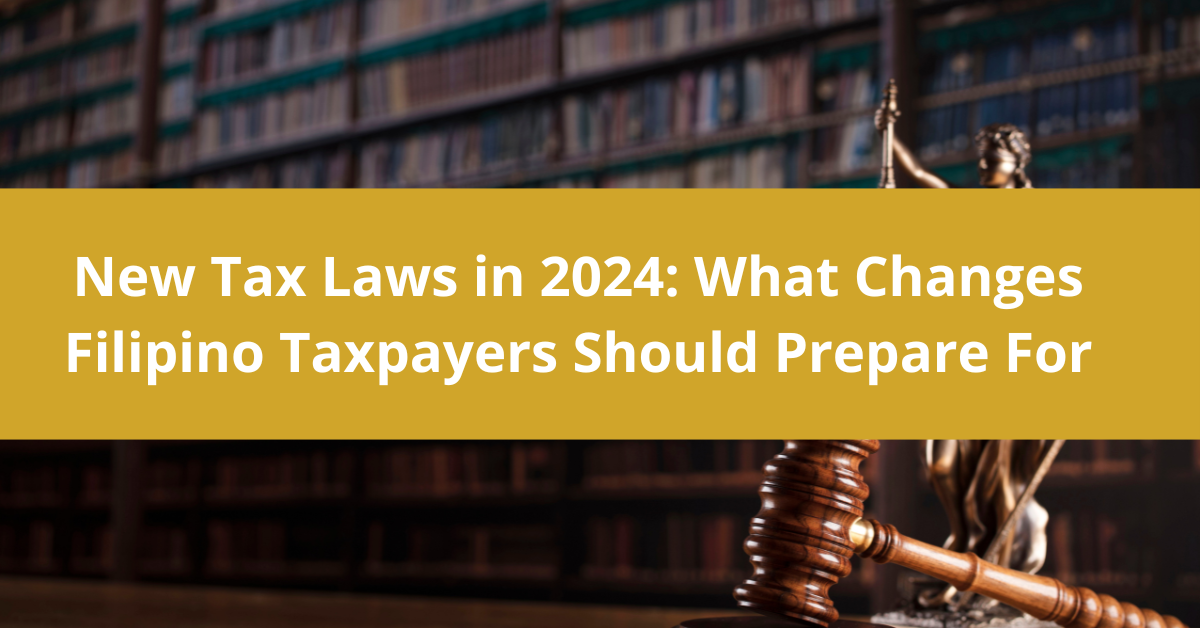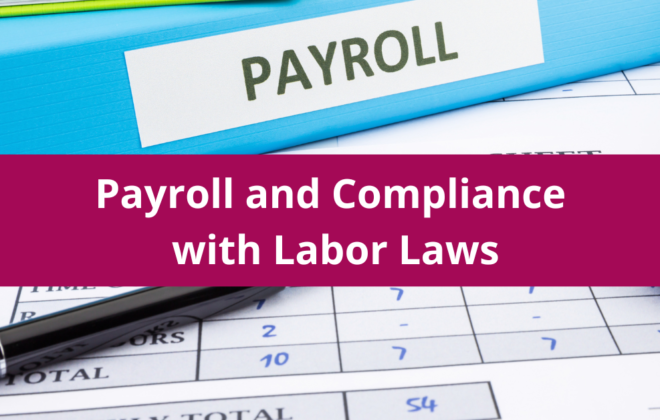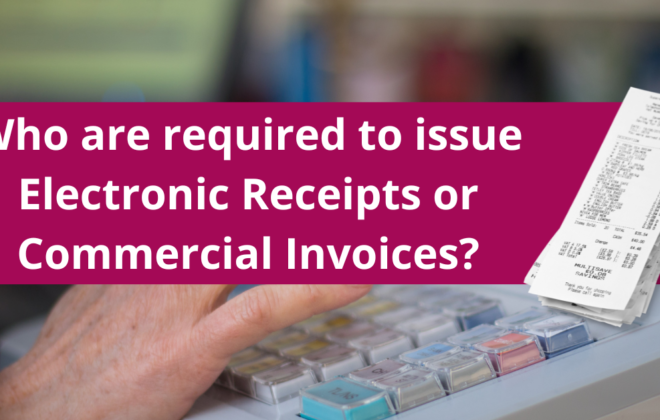New Tax Laws in 2024: What Changes Filipino Taxpayers Should Prepare For
The year 2024 ushers in significant tax reforms that aim to streamline the Philippine tax system, boost revenue, and support economic recovery post-pandemic.
As with any major tax changes, it’s important to stay updated so you can comply with the new regulations and avoid penalties.
Here are some of the tax law changes for 2024 and how Filipino taxpayers—both individuals and businesses—can prepare for them.
1. Update to Income Tax Brackets
One of the most significant changes this year is the adjustment of personal income tax brackets.
Under the new rules, the annual income tax-free threshold remains at PHP 250,000, but taxpayers earning higher incomes will see slightly different rates.
Here’s a quick breakdown:
Php 250,000 and below – No tax
Over Php 250,000 to Php 400,000 – 15% of income over Php 250,000
Over Php 400,000 to Php 800,000 – P22,500 + 20% of income in excess of Php 400,000.00
Over Php 800,000 to Php 2 million – PHP102,500.00 + 25% of income in excess of PHP 800,0000
Over Php 2 million to Php 8 million – PHP 402,500 + 30% of the excess over PHP 2 million.
Over Php 8 million – 35%
While the middle-class income earners may not see drastic changes, the high-income earners could experience slightly heavier taxation.
2. Estate Tax Amnesty Extension
Estate tax remains one of the most sensitive issues for Filipino families. Fortunately, the Estate Tax Amnesty has been extended until June 14, 2025, by virtue of Republic Act No. 11956, giving families more time to settle unpaid estate taxes with reduced penalties.
Under this amnesty, heirs can settle estate taxes for deaths that occurred on or before May 31, 2022. This extension offers significant financial relief and a chance to legally transfer assets without fear of huge penalties or interest charges.
3. Digital Taxation
With the rapid growth of the digital economy, it was only a matter of time before the government implemented digital taxation.
In 2024, the tax on digital goods and services is in full swing. This means that Filipino taxpayers who purchase goods or services from digital platforms, such as streaming services, e-books, and even software subscriptions, will now pay 12% VAT.
For businesses involved in digital sales, it’s crucial to ensure compliance with this new tax policy. This will impact both international companies selling in the Philippines and local online sellers.
Online platforms like Shopee, Lazada, and other e-commerce sites are expected to automatically charge VAT on behalf of the government.
4. Updates on Self-Employed and Freelancers’ Taxation
The rise of freelancers and gig economy workers has prompted new rules to be introduced for self-employed individuals.
For 2024, the optional 8% income tax rate on gross sales or receipts for self-employed individuals and professionals earning less than Php 3 million annually remains in place. Freelancers can also opt to pay tax under the graduated rates, which range from 0% to 35%, depending on your taxable income.
Moreover, the government has tightened reporting requirements to reduce the chances of underreporting or tax evasion.
Freelancers and gig workers must now keep more detailed records of their earnings and expenses. They are also encouraged to use the BIR’s online platforms for tax filing and payment to ensure smoother transactions.
How to Prepare for These Changes
Here are a few tips for both individuals and businesses to stay on top of these tax law changes:
- Review your income and expenses. Whether you’re an individual taxpayer or a business, review your income for the year to determine which tax brackets or new rules apply to you.
- Ensure proper documentation. Keep accurate records of earnings, expenses, and transactions. If you’re a business, this is especially important for VAT reporting and claiming refunds.
- Consult a tax professional. Given the complexity of tax reforms, consulting a Certified Public Accountant (CPA) or tax expert can help you navigate these changes smoothly and maximize deductions. DJKA Business Services, Inc. provides full accounting, bookkeeping and tax compliance support for personal and corporate businesses.
- Use online tax tools. Take advantage of the BIR’s digital services to file and pay taxes conveniently. This helps reduce the risk of missing deadlines or filing incorrect returns.
Staying informed and compliant
The tax changes in 2024 are designed to make the tax system more efficient and responsive to the needs of the modern economy, but they also come with new responsibilities for Filipino taxpayers.
Staying informed and compliant is key to avoiding penalties and benefiting from available incentives. Whether you’re a freelancer, business owner, or high-income earner, preparing early is your best strategy for tax success in 2024.
By understanding these new rules, you’ll be well on your way to a hassle-free tax season!
Recent Posts
- New Features and Functionalities of the Online Registration and Update System (ORUS)
- A Comprehensive Guide to Taxation for Freelancers in the Philippines
- New Tax Laws in 2024: What Changes Filipino Taxpayers Should Prepare For
- How to Avoid Common Tax Mistakes in 2024
- Tax Deductions and Benefits Often Overlooked by Filipino Taxpayers





